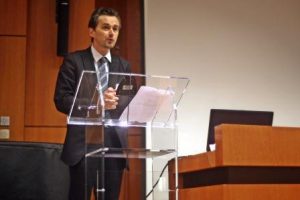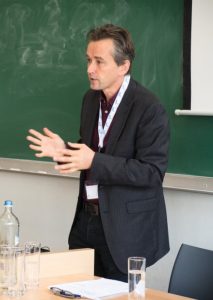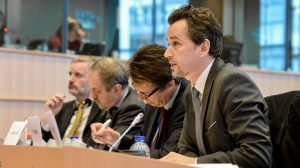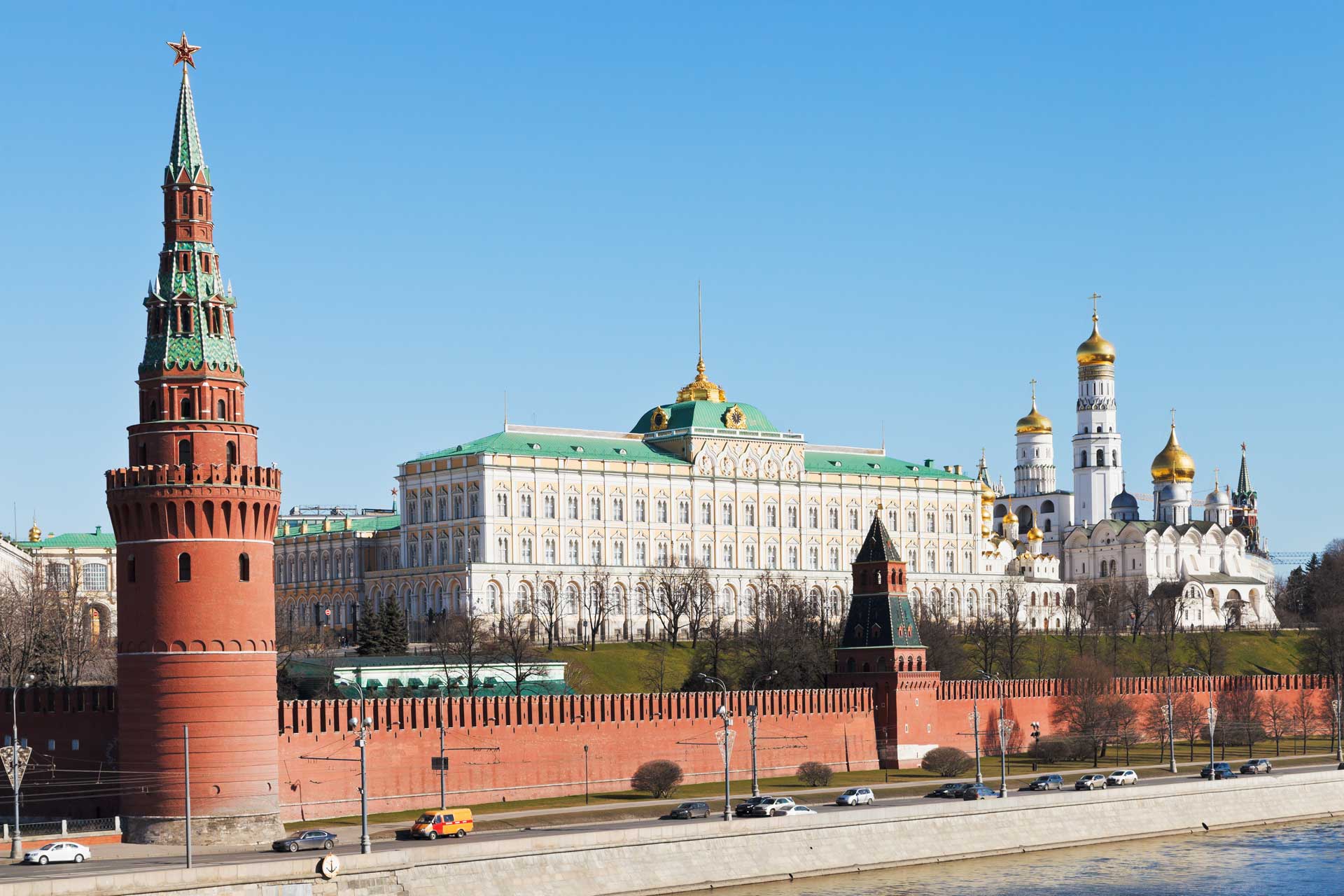The end of the Cold War has resulted in the eastward extension of Euro-Atlantic structures, mainly the European Union and NATO. Yet, it has left fundamental questions unresolved, in particular the position of Russia in Europe and the position of former Soviet states in between. Despite attempts to establish a Strategic Partnership, relations between the EU and Russia got entangled in a logic of competition and mistrust. With the crisis over Ukraine they derailed into confrontation and deep crisis.
This research theme seeks to understand the dynamics of this process by taking a critical look at the foreign policies of the EU and Russia, their interaction and the role of the neighbouring states themselves. It explores the nature of different integration initiatives and the role of perceptions.
More specifically the research focus is on these aspects:
- EU-Russia relations
- Russian foreign policy
- EU foreign policy
- European Neighbourhood Policy / Eastern Partnership
- EU enlargement
- Eurasian Economic Union
- Energy relations
- Power and identity
- Democracy promotion and normative hegemony.
These research topics are intertwined with the focus of BSIS on global change and its significance for Europe. Within the School’s philosophy this research cluster looks at issues of power from different angles, developing critical approaches to fundamental changes in today’s centres of gravity. Research within this cluster is particularly relevant to the MA in EU External Relations and the MA in International Relations.
Tom Casier has been invited to share his views inter alia for the European Parliament, the House of Lords (UK) and the US State Department. Recent talks were held at Carleton University in Ottawa, at Allameh Tabataba’i University in Tehran, the Institute for Caucasus Studies of the University of Tehran and the Belgian Embassy in Poland.
This theme is firmly embedded within the University of Kent’s Global Europe Centre and in several international research projects (see below).
Externally funded research:
Current:
- UPTAKE (Horizon 2020, with University of Tartu and University of Uppsala), partner: http://www.uptake.ut.ee/
- NORTIA (Network on Research and Teaching in EU Foreign Affairs): Erasmus+ network (2017-2020) with Adam Mickiewicz University in Poznan, ARENA Centre for European Studies, University of Oslo, European University Institute, Institut Barcelona d’Estudis Internacionals (IBEI), KU Leuven, Leiden University, Maastricht University, University College Dublin, University of Kent, University Association for Contemporary European Studies (UACES), partner: http://eufp.eu/welcome-nortia
Completed:
- Jean Monnet Chair, Europe and Global Change, 2012-2015: https://www.kent.ac.uk/brussels/studying/research/projects/jeanmonnetchair.html
- Jean Monnet Multilateral Research Group, ‘EU-Russia Relations: Developing a Transnational Perspective’, 2013-2016 (with Carleton University, St. Petersburg State University and Johannes Gutenberg University Mainz)
- ANTERO (Erasmus+, with UCD, ARENA, Maastricht, LSE, KULeuven, Tampere, UACES), partner: http://www.eufp.eu/antero



